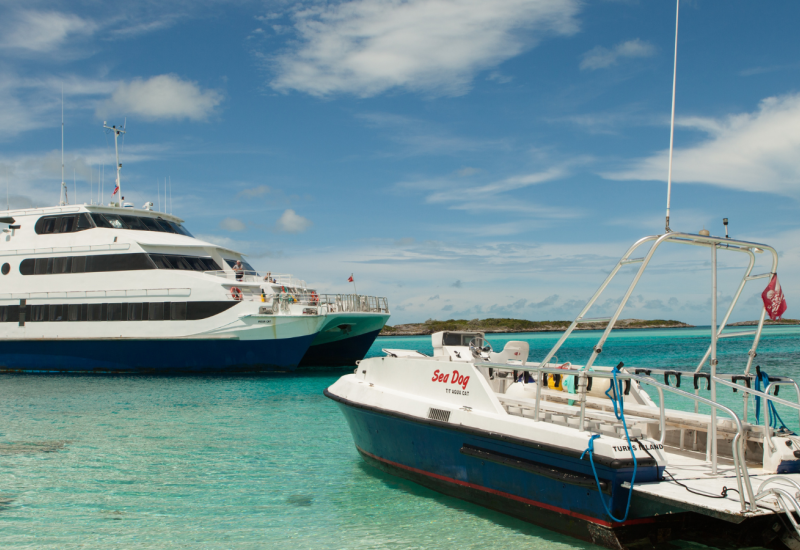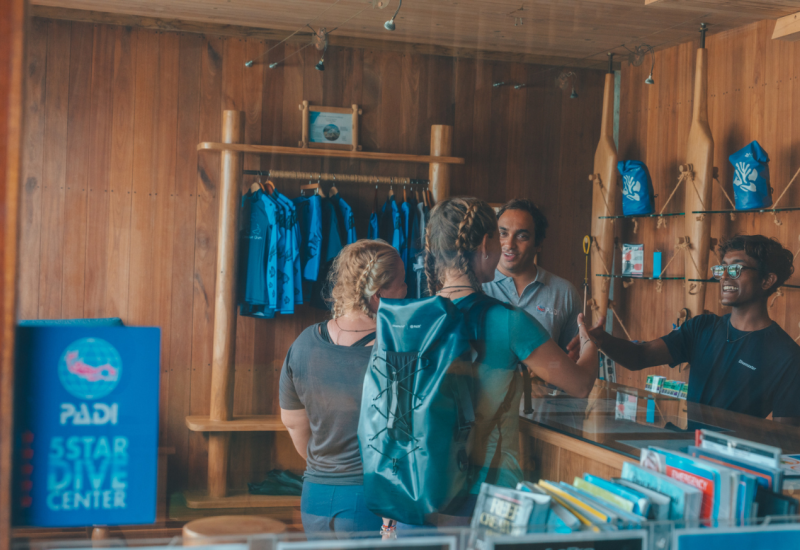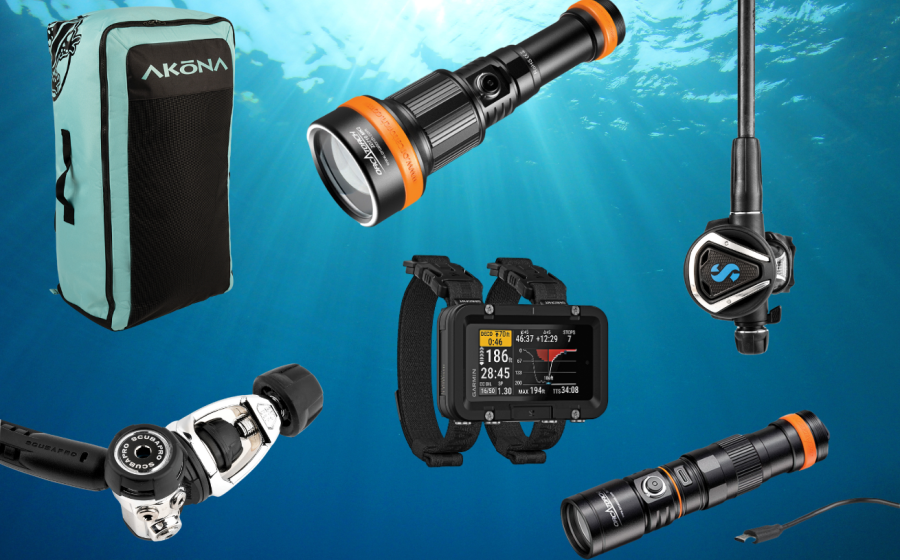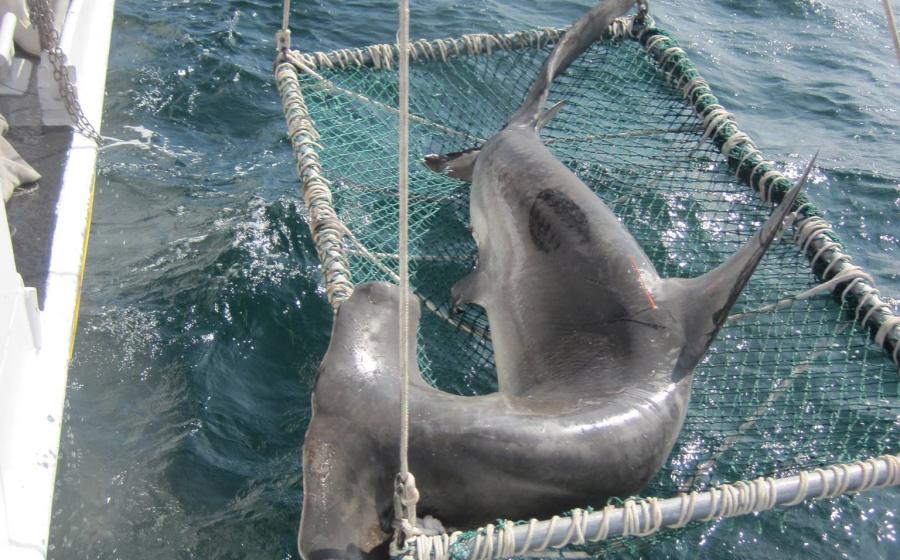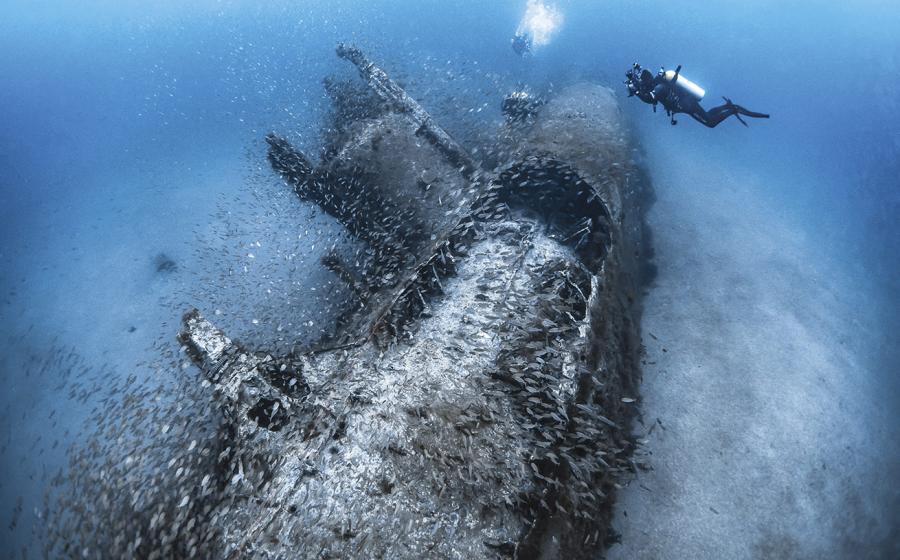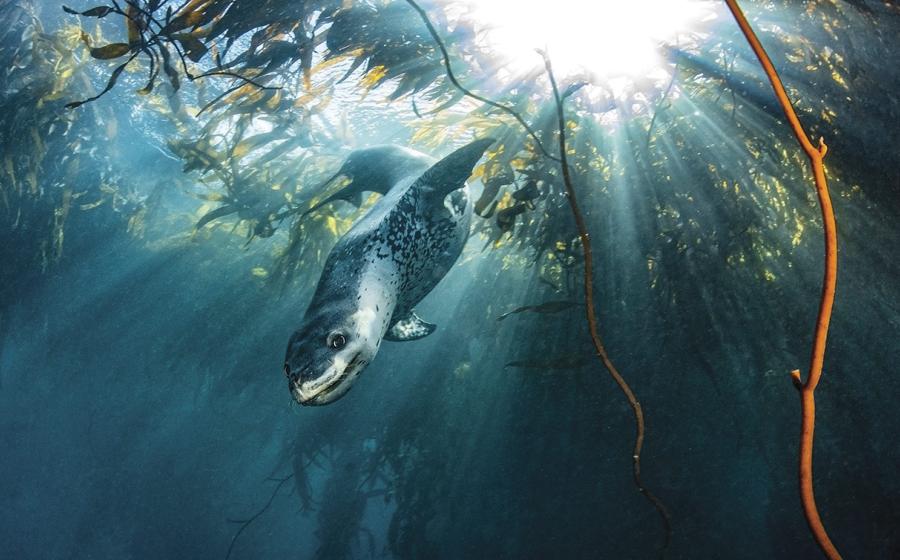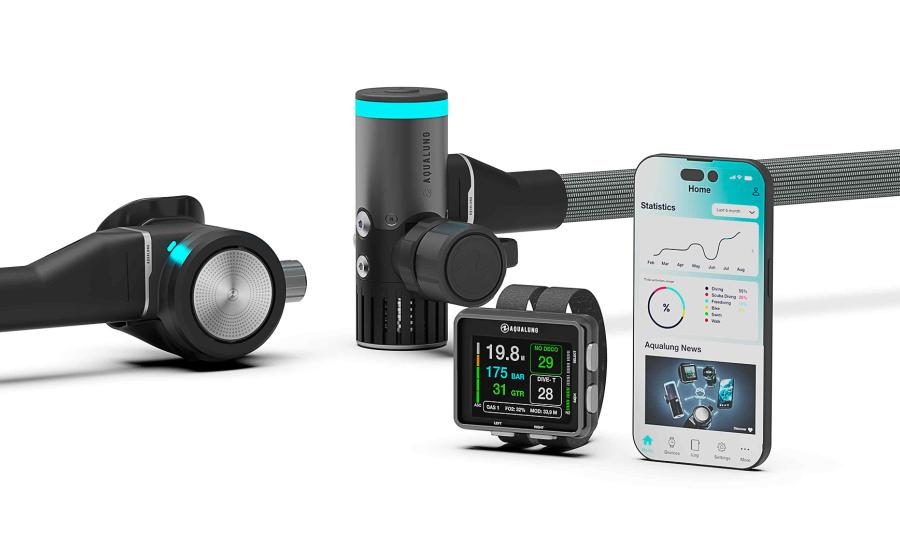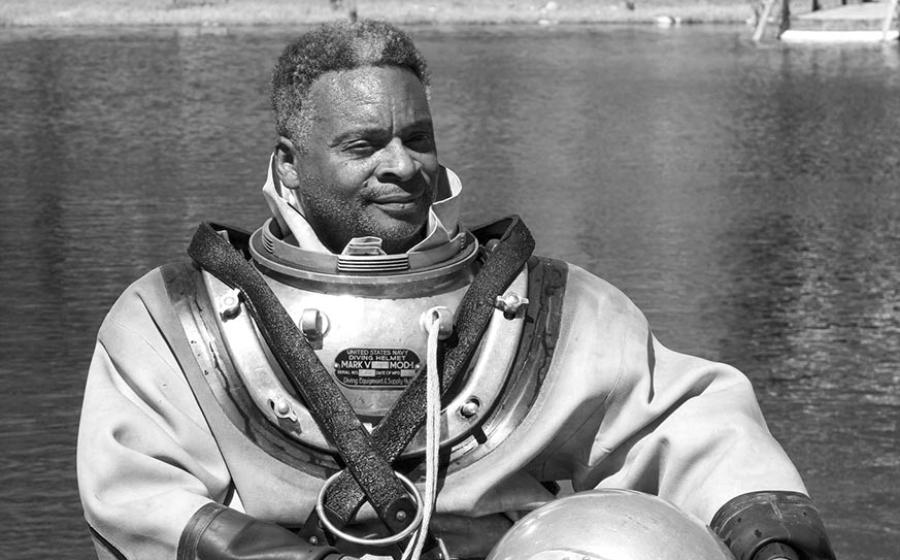Six Health and Safety Questions to Ask When Choosing a Liveaboard

Christian SkaugeDistancing can't be guaranteed in a small space like a liveaboard, but operators are instituting measures like outdoor eating when possible to increase diver safety.
It’s been a hard year for dive travel—if you’re like us, you’re itching to get back in the swing. And a liveaboard charter may actually offer the best way to maximize your bottom time while minimizing health risks, since you’ll be with the same group of divers for your entire trip.
As divers begin to venture back onto the reefs, here are six questions you should ask yourself to keep health and safety top of mind while planning a liveaboard dive vacation.
Where should I go to minimize health risks?
Many divers are planning to start closer to home rather than travel to destinations that require multiple long flights.
“We’re seeing a lot of interest in destinations that only require one flight, like the Caribbean from the U.S., or the Red Sea from Europe,” says Wayne Brown, CEO of Aggressor Adventures. Kevin Purdy, sales marketing manager at All Star Liveaboards, says Bahamas trips on ships like Aqua Cat and Cat Ppalu are in highest demand. “The Bahamas is so close to the U.S. that you can travel the same day as boarding,” he says, “which reduces the chance of exposure while traveling.”
How are operators cleaning and sanitizing boats?
Frequent, comprehensive cleaning to help prevent the transmission of germs is the new normal on most liveaboards. “We’re regularly cleaning and sanitizing shared spaces, high-touch surfaces, and rental gear,” Purdy says. “We also sanitize dive bags before bringing them on board, and we’ve set up sanitation stations around the boats, along with signs reminding guests to regularly wash or sanitize their hands.”
Brown says Aggressor Adventures as established extensive new cleaning guidelines for all its boats, which include deep electrostatic cleaning of cabins between charters so divers can feel comfortable that their personal space on board is germ-free.
How can I maintain social distance on board?

Manfred BailIf rinse buckets are crowded after a dive, distance by waiting a few minutes to wash your gear.
On a liveaboard, you can’t avoid sharing space with other divers, but it’s still important to maintain social distance whenever possible.
“We can expect reduced maximum guest capacities to allow for some level of social distancing,” says Emma Daffurn, content specialist for PADI Travel. You can also expect some changes to life on board, such as eating most meals outside, weather permitting.
“We now serve all meals buffet-style, but with crew in masks and gloves serving people rather than guests serving themselves,” Purdy says. “We’ve also reduced our single supplement from 65 to 20 percent, so single divers don’t have to share cabins with people they don’t know.”
What if I show symptoms of illness before my trip?
Booking a liveaboard trip means you’re making a commitment to your fellow divers that you’ll do your part to avoid spreading illness on the boat. If you develop a cough, fever or any other symptoms, it’s vitally important to postpone your trip. Liveaboard operators understand the importance of flexibility to ensure the health and safety of everyone on board. “No one wants to be forced into a situation that they feel is unsafe,” Daffurn says. Many operators are offering greater flexibility in terms of cancellations and rebooking terms on trips in 2020; be sure to read the fine print on any offer or agreement.
How are divers protected from fires or other onboard emergencies?
After a liveaboard fire in the Red Sea, Aggressor Adventures responded by overhauling its onboard safety procedures. “We have implemented a mandatory 24-hour watch on all our boats, whether local guidelines require it or not, and we take all guests through our safety plan and show them all the emergency exits,” Brown says. “Our crews also go through a safety checklist every hour, which includes unplugging any devices (like camera batteries) left to charge unattended, whether on the dive deck or the staterooms.”
How can I prepare and protect myself for a potential emergency?
Before booking a trip, make sure you’re comfortable with the safety measures on board by asking questions like: Are there working and tested smoke detectors on board? Will the crew keep a 24-hour watch? Does the boat have multiple evacuation routes and exits?
Once you arrive, pay attention to the safety briefing and make sure you know the evacuation plan for your cabin. Some divers recommend carrying a personal carbon monoxide (CO) detector. “CO detectors would be good for small engine or generator exhaust fume leaks, or CO from the galley or other sources,’’ says Brian Harper, communications director at Divers Alert Network. However, a personal CO detector should not be considered an alternative to properly functioning smoke detectors installed throughout the boat.


